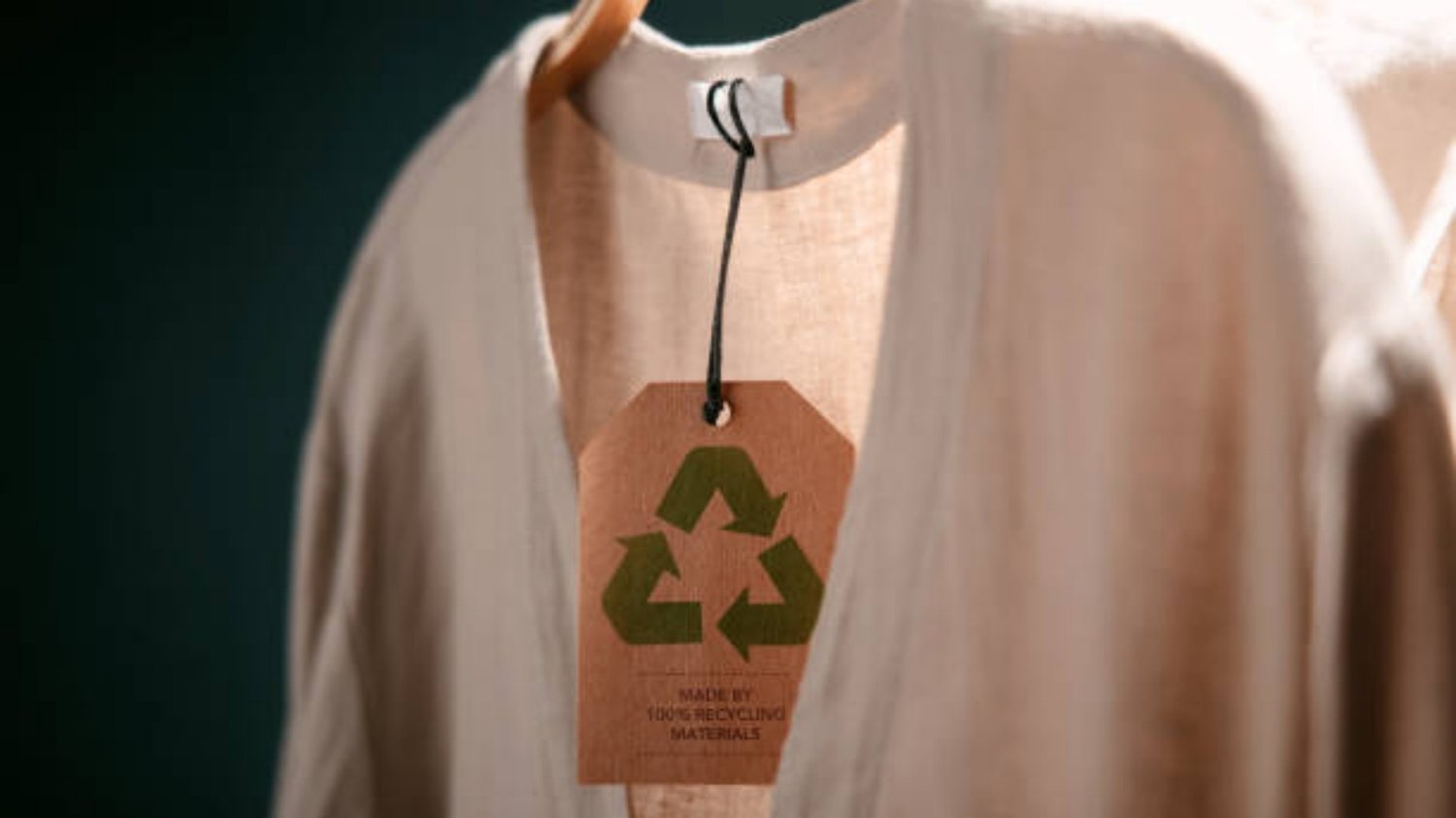The Importance of environment friendly clothing materials
As sustainability becomes an increasingly important issue, more and more people are seeking out eco-friendly alternatives in all aspects of their lives. One area where this shift is particularly evident is in the world of fashion. Environment friendly clothing materials are gaining popularity as consumers become more conscious of the impact their choices have on the planet. In this article, we will explore the various aspects of environment friendly clothing materials and why they are a great choice for both individuals and the environment.
1. Organic Cotton: A Natural and Sustainable Choice
Organic cotton is one of the most popular environment friendly clothing materials available today. It is grown without the use of synthetic fertilizers, pesticides, or genetically modified organisms (GMOs). By choosing organic cotton clothing, you are not only reducing the amount of harmful chemicals released into the environment, but also supporting farmers who prioritize sustainable practices.
2. Hemp: A Versatile and Low-Impact Fabric
Hemp is another excellent choice for environment friendly clothing materials. It is a highly versatile plant that requires minimal water and no pesticides to grow. Hemp fibers are strong and durable, making them perfect for clothing that needs to withstand daily wear and tear. Additionally, hemp is naturally resistant to mold, UV rays, and bacteria, reducing the need for chemical treatments.
3. Recycled Polyester: Giving New Life to Old Materials
Recycled polyester is made by converting plastic bottles and other discarded materials into fibers that can be woven into fabric. Choosing clothing made from recycled polyester helps to reduce the amount of waste that ends up in landfills and oceans. It also saves energy and resources that would otherwise be used in the production of new polyester.
4. Tencel: A Sustainable Alternative to Rayon
Tencel, also known as lyocell, is a fabric made from wood pulp sourced from sustainably managed forests. The production process of Tencel is highly efficient, using a closed-loop system that recycles up to 99% of the chemicals and water used. The result is a soft and breathable fabric that is gentle on the skin and the environment.
5. Linen: A Timeless and Eco-Friendly Fabric
Linen is a natural fabric made from the fibers of the flax plant. It requires minimal water and pesticides to grow, making it an eco-friendly choice. Linen is also biodegradable and has a low carbon footprint. Its breathable properties make it perfect for warm weather clothing, and its durability ensures that it will last for years to come.
6. Bamboo: A Sustainable and Renewable Resource
Bamboo is a fast-growing plant that can be harvested without killing the plant itself. It requires minimal water, pesticides, and fertilizers to grow, making it an excellent choice for environment friendly clothing materials. Bamboo fibers are soft, durable, and naturally antimicrobial, making them a popular choice for activewear and undergarments.
7. Organic Wool: A Cozy and Sustainable Option
Organic wool is derived from sheep that are raised on organic pastures without the use of synthetic hormones or pesticides. It is a renewable resource that is biodegradable and recyclable. Organic wool provides excellent insulation, making it a great choice for winter clothing. It is also naturally flame-resistant and has antimicrobial properties.
8. Soy Fabric: A Bio-Based Alternative
Soy fabric is made from the byproducts of soybean oil production. It is a bio-based fabric that is soft, breathable, and moisture-wicking. Soy fabric has a low environmental impact and requires less energy and water to produce compared to traditional fabrics. It is also biodegradable and can be composted at the end of its life cycle.
9. Cork Fabric: A Unique and Sustainable Material
Cork fabric is made from the bark of cork oak trees, which can be harvested without harming the trees. It is a renewable resource that is lightweight, water-resistant, and hypoallergenic. Cork fabric is often used for accessories such as bags and shoes, adding a touch of sustainability to your wardrobe.
10. Piñatex: A Vegan Leather Alternative
Piñatex is a innovative material made from the fibers of pineapple leaves, a byproduct of the pineapple industry. It is a cruelty-free and sustainable alternative to traditional leather. Piñatex is biodegradable, lightweight, and water-resistant. It can be used to create a wide range of stylish and eco-friendly clothing and accessories.

